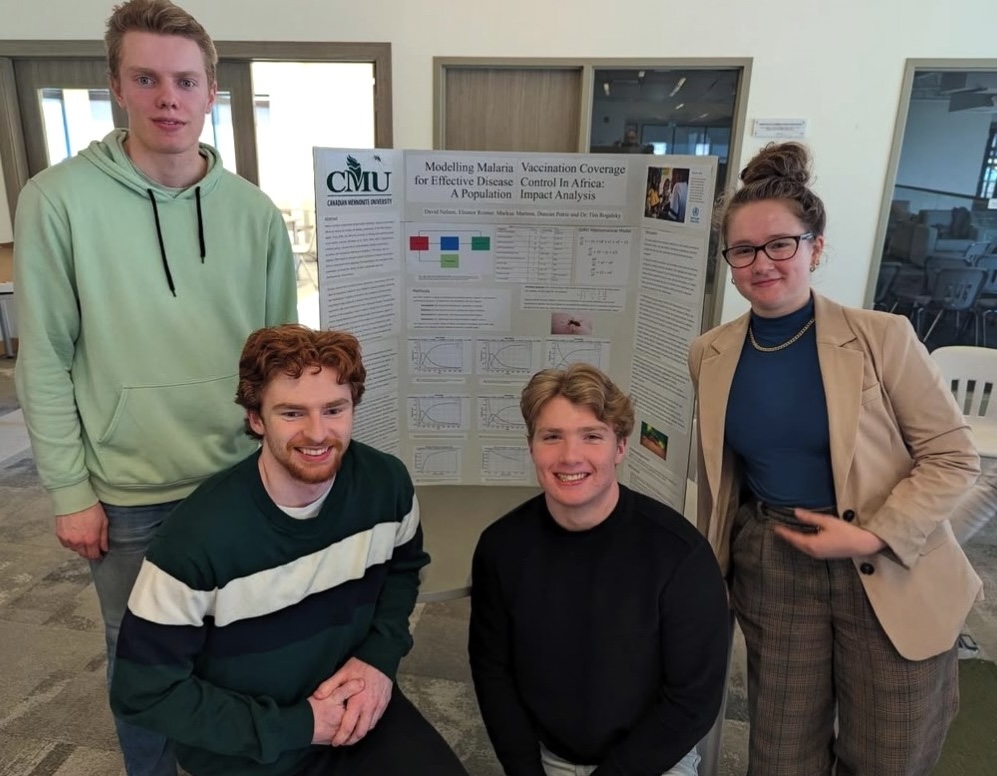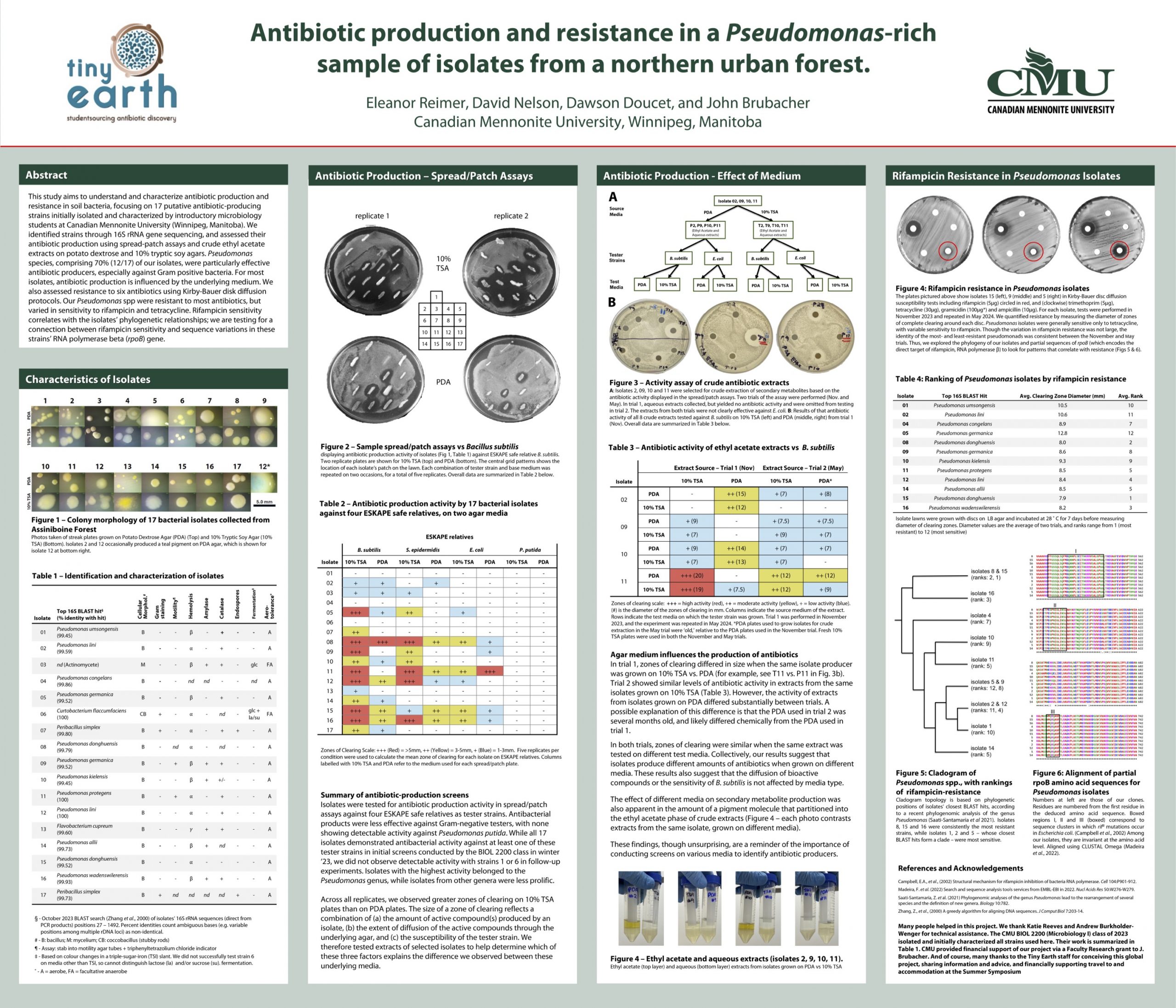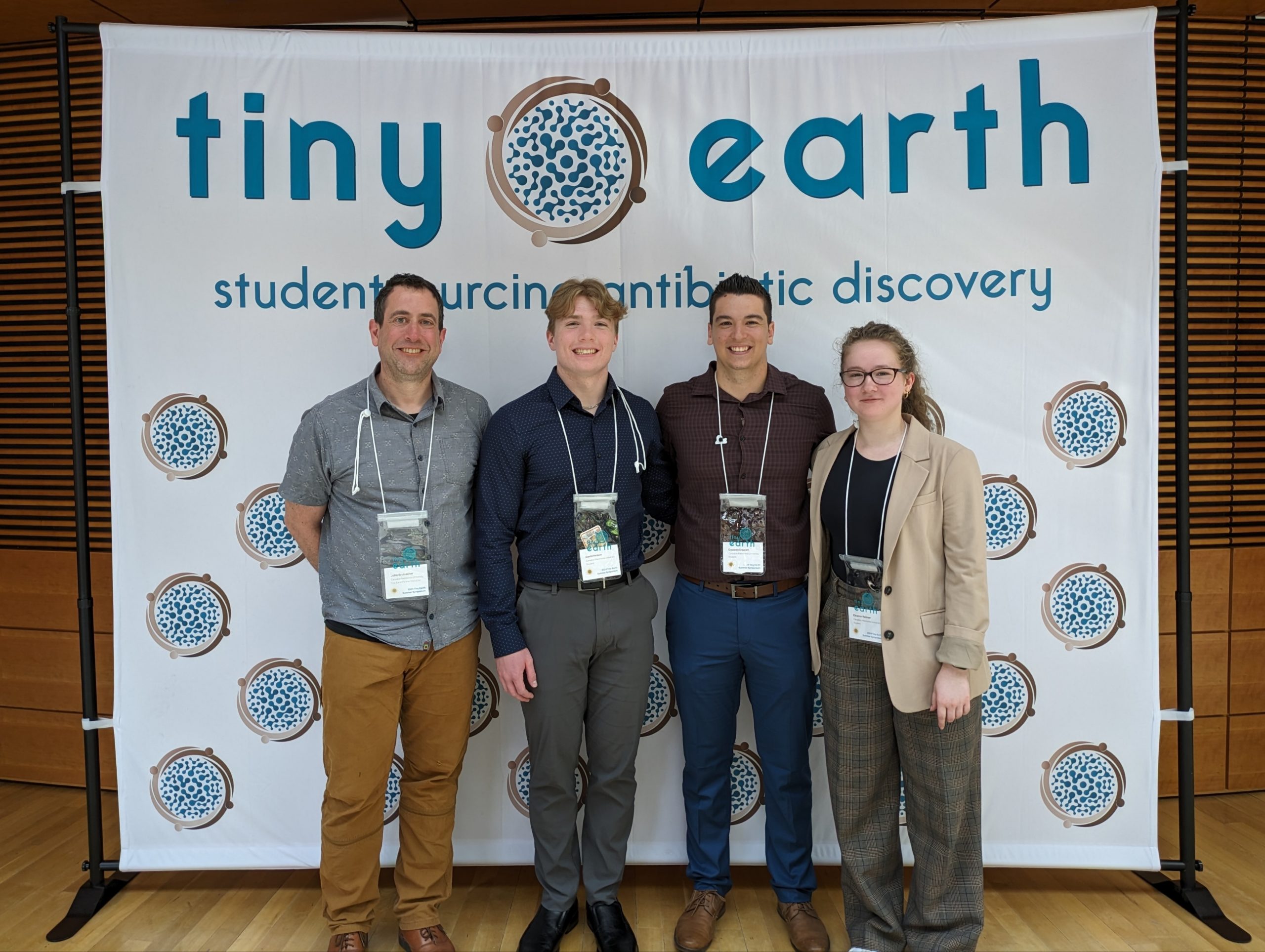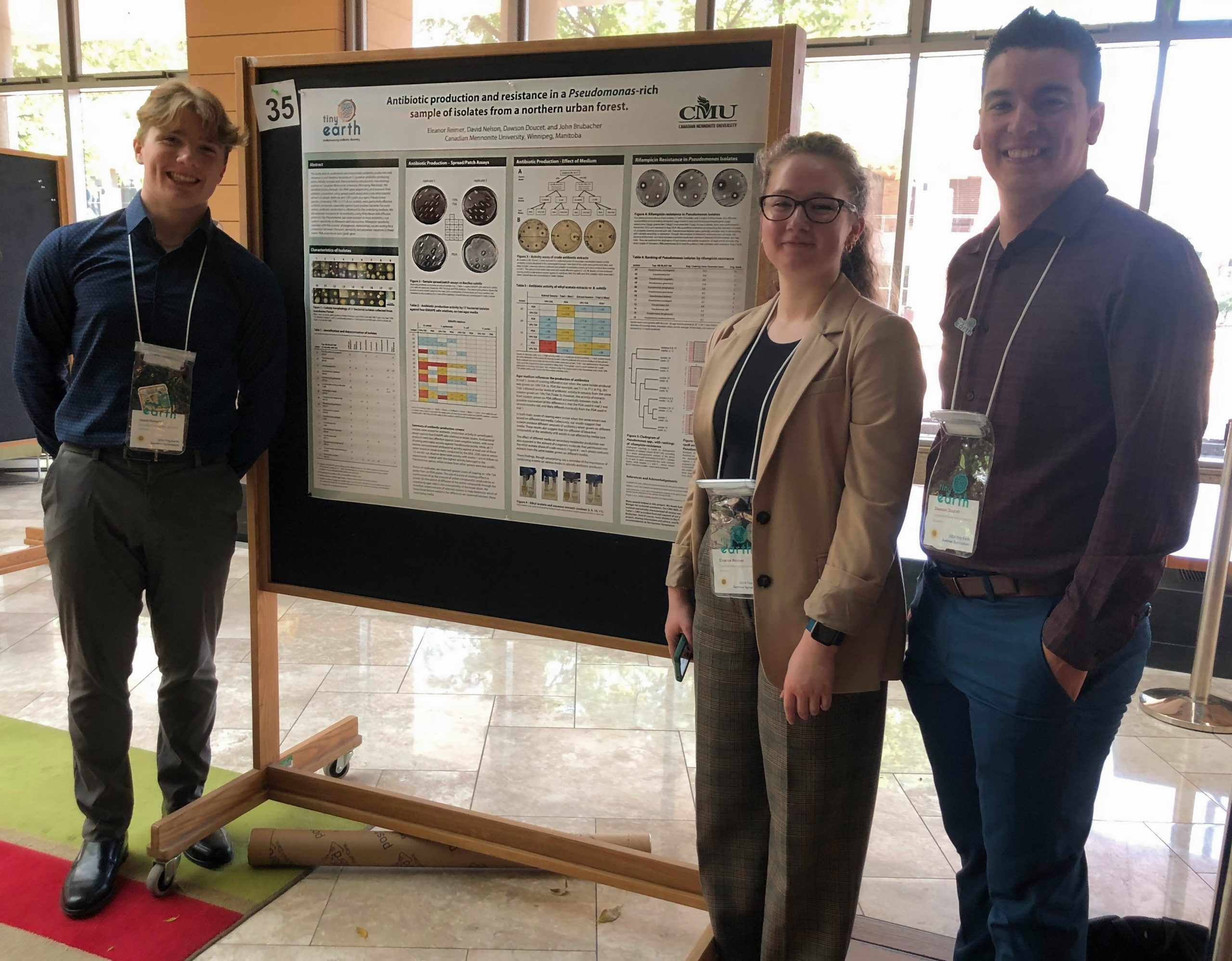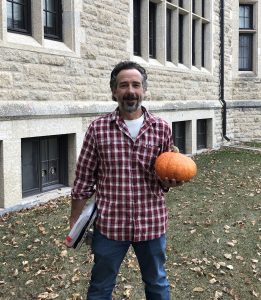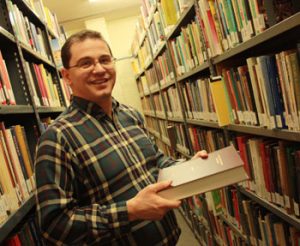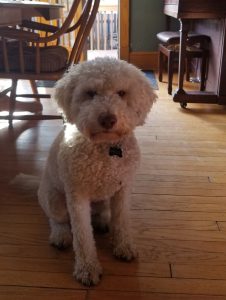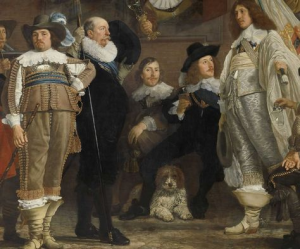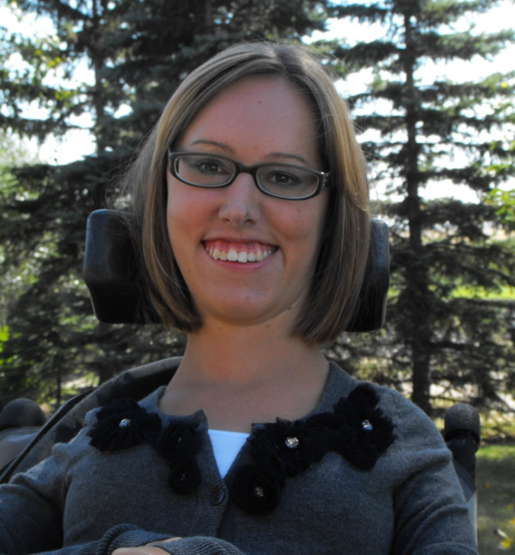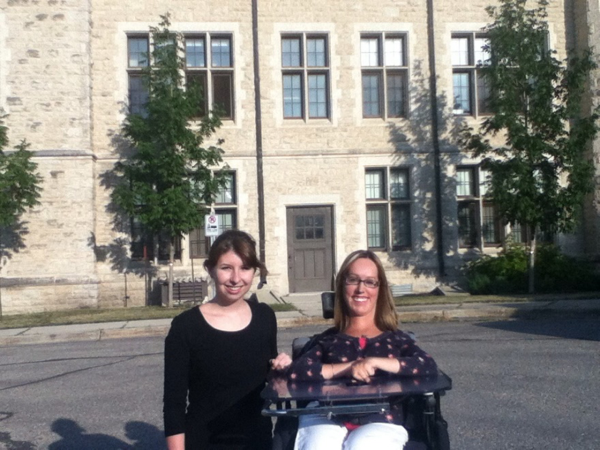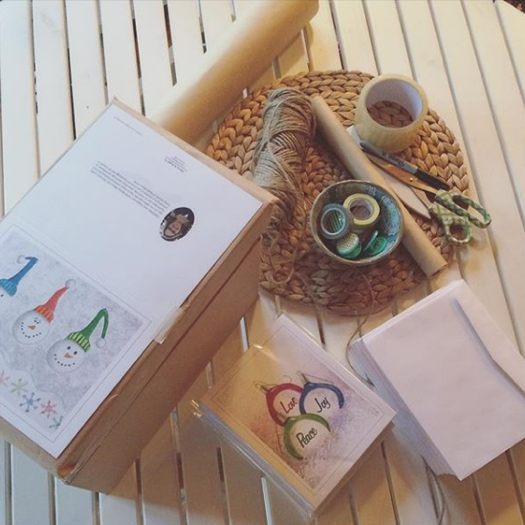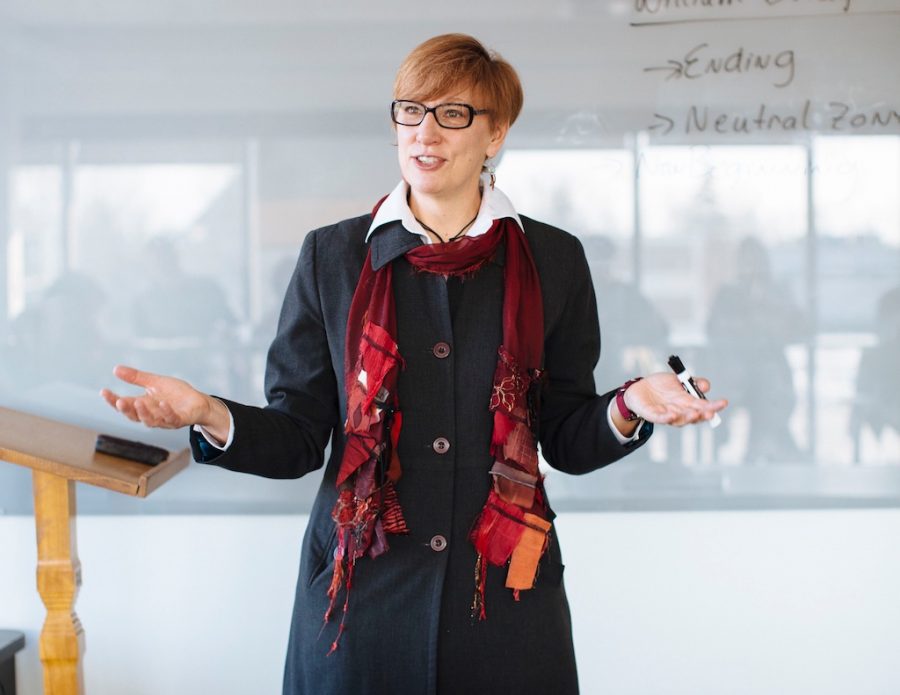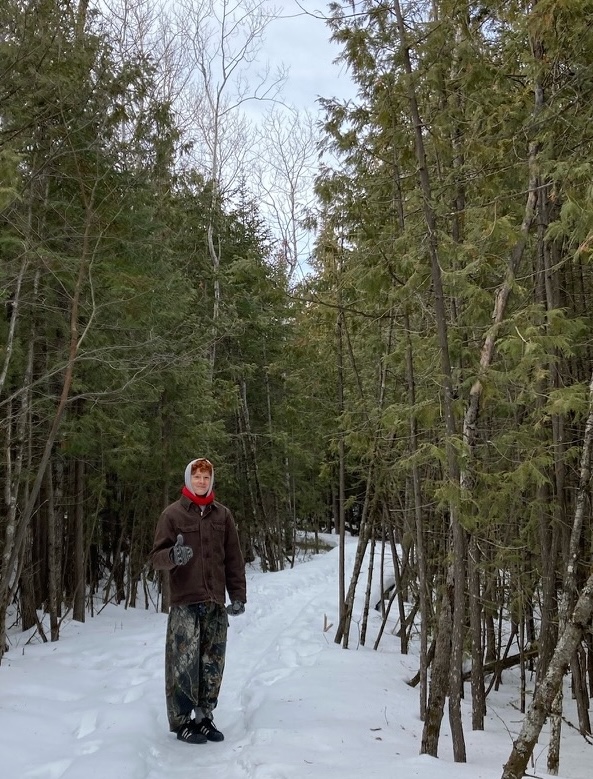
Leaving high school, I didn’t have a firm groundwork for what spending time in further schooling might look like, and I had my fair share of thoughts and concerns about the potential of attending university and learning in a new academic setting. I was worried about what new teachers might be like, whether they would “make or break” a classroom experience as I had so often heard was the case, and what support they might offer to somebody who felt pushed out of their comfort zone by the very idea of a classroom, assignments, and deadlines. I didn’t have a firm idea about what I wanted to do, and I felt worried that I might be making a mistake by attending university.
Going to university was a big next step for me, and along with my excitement, I also felt very nervous and unsure about what it might look like. Knowing that other new students feel the same way as I did, I want to tell you about the four things I wish somebody had told me before I started my journey at CMU.
1. Support from staff and faculty
Now, in my fourth year at CMU, I wish I could go back and tell my younger self about the support that has been offered to me by both staff and faculty. Not only are the professors at CMU both personable and interesting, but they have a knack for being hospitable and caring towards the students they find in their classrooms. I have a memory from my first philosophy class of a professor walking in and setting the whole room at ease with both his mannerisms and teaching style. It was clear that he was on the same side as the students, hoping to get to know us and help us along in our academic walk. I recall feeling more at home in classrooms than I ever expected, and today that feeling has become an ordinary part of my CMU experience. I look forward to time in classes, knowing that the conversations will be stimulating and engaging. I certainly laugh in class more than I anticipated, which is a clear sign to me that there is joy surrounding the idea of learning. I think this type of joy is rare and specific to the CMU context. In every aspect, from dealing with finances to preparing for deadlines, the staff and faculty have been incredibly strong pillars.
2. Strong sense of community
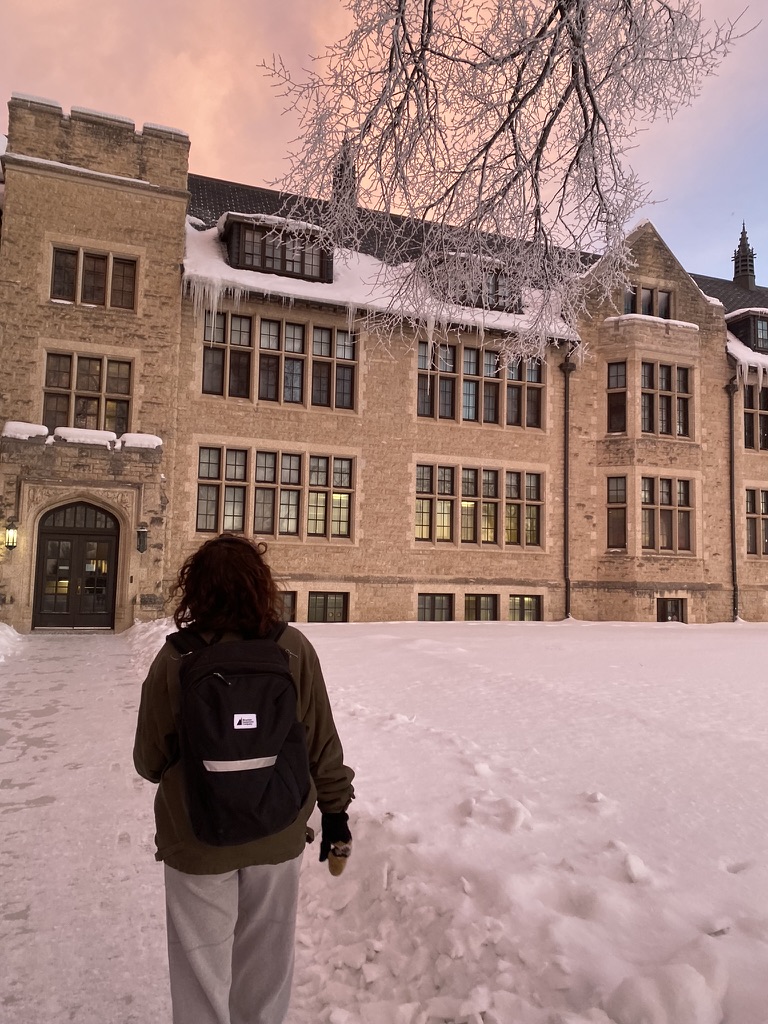
CMU has always been a place where I can find friends. The people here are kind and united under their passion for learning, sports, and community. I would like to impart on people wondering if CMU is a good fit for them, an understanding of CMU’s strong sense of community. This is felt in how faculty and staff interact and clearly enjoy being around each other, and trickles down into the lives of students. The kindness and hospitality I have been shown has made a tremendous impact on my CMU journey.
3. University can help you decide on a career
During my first year, I didn’t have any clear idea of what I wanted to major in, and I wasn’t even sure that going to university was the right choice for me. Because I was undecided, I wondered if university would just be a waste of time and money—but it turned out to be just the opposite. I found a passion for subjects I had never studied before and wouldn’t have had the opportunity to explore otherwise. I didn’t plan to major in psychology or philosophy, and now I major in both. I think CMU is a wonderful environment to explore your interests and see what brings you the deepest sense of wonder and meaning. I would encourage new students to experiment and be curious with their class selections. You never know what fields you might fall in love with.
4. The opportunity to make it your own
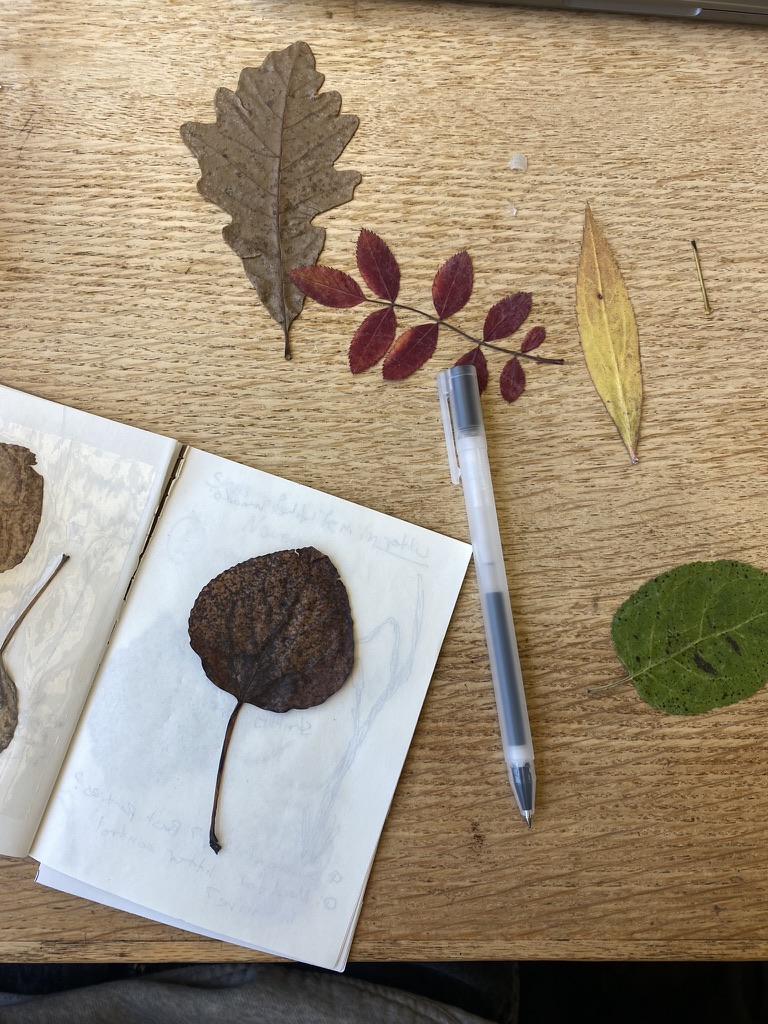
The last thing I want to say about my time at CMU is how free I have felt to make this journey unique to who I am. My professors and academic advisors have helped me discover what is most interesting to me and build a degree around those choices. I love psychology and philosophy, so I have a double major between those two degrees with a minor in biblical and theological studies. I never knew how personal the experience of finding or creating a degree could be, and I realize now at the end of this experience how much I have found out about myself during the process. I love to learn and I value the hard work that goes into pioneering a personal work ethic and sense of industry and accomplishment.
We all come to big decisions in life from different backgrounds and with unique questions and concerns. In my experience, CMU has answered so many of these thoughts through the deep sense of community and opportunity that is offered through classes, students, staff, and faculty.
Nic Bergen is a fourth-year Bachelor of Arts student, double majoring in Psychology and Philosophy.


